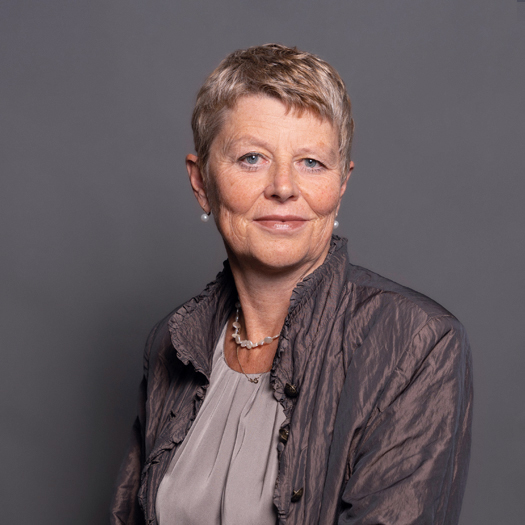Three Steps Out of the Crisis: Consolidation, Relief and Investment
Public EventsFirst-Hand Information on Economic Policy with Dr. Danyal Bayaz, Baden-Württemberg Minister of Finance
How can a sustainable fiscal policy succeed in times of crisis? ZEW President Professor Achim Wambach discussed these and other questions with the Baden-Württemberg Minister of Finance, Dr. Danyal Bayaz, on 17 October 2022 as part of the ZEW event series “First-Hand Information on Economic Policy”.
Danyal Bayaz recently visited the US as part of a state government delegation tour that also stopped in Pittsburgh. The former “Iron City” is considered a prime example of successful transformation. After struggling with deindustrialisation in the 1970s, it has now developed into high-tech hub offering a high quality of life. The city’s transition can serve as an inspiration for Baden-Württemberg and its industrial sector. “Do we have to repeat what happened in Pittsburgh or can Baden-Württemberg make the transition when it is still in a strong position?," asked Bayaz.
A smarter and more targeted approach to distributing funds is needed
How to make the sustainable transformation a success? At the moment, the most pressing question is how to get through the winter. Energy is in short supply and expensive against the backdrop of the war in Ukraine. The business model of dependence – cheap gas from Russia, security from the USA – is coming to an end, said Bayaz and spoke of a three-step way out of the crisis consisting of consolidation, relief and investment. The finance minister considers the federal government’s strategy of taking out loans via special funds, bypassing the debt brake, to be insufficiently transparent. He calls for a debt policy under parliamentary control and no more shadow budgets. For this purpose, policymakers need to rely on the input of researchers. Due to insufficient data, relief efforts are often poorly targeted, resulting in inefficient distribution of funds. Bayaz thus argued for a smarter and more targeted approach to distributing funds in future.
Bureaucracy cannot be reduced overnight
In the discussion that followed, ZEW President Professor Achim Wambach raised a much-debated question: Why should all companies be treated equally, asked the competition economist, referring to the gas price cap, which grants all companies the same relief. Some businesses do not need subsidies as they can raise their prices instead. Bayaz replied that sector-specific solutions are not always feasible from a political point of view. Above all, businesses need low hurdles. This is also the case in the ecological transition, where considerable investments are needed. When ZEW President Wambach asked how bureaucracy can be reduced and planning processes accelerated, Bayaz admitted that bureaucracy cannot be reduced overnight.












